ARTICLES
QUANTUM EXPERTS
Experts at Resolving Disputes

by David Emin
•
07 Oct, 2020
I have been involved with a professional negligence matter recently which involved an architect who was not a qualified architect, but purported to be one. The matter is relatively straightforward, the word “architect” is a protected term of reference under Section 20 of the Architects Act 1997. This means that only ‘architects’ are only legally allowed to call themselves ‘architects’ if they are adequately qualified and have been admitted onto the architects register administered Architects Registration Board (“ARB”). The ARB is an independent regulator of architects and any person on the ARB is bound by the ‘Architects Code: Standards of Conduct and Practice’. This sets out the minimum standards of service an architect must provide. The Royal Institute of British Architects (“RIBA”) is a professional body, which an architect does not need to be a member of in order to call themselves an architect. Prior to appointing an architect, it would be prudent to check if the architect is listed on the ARB which would also highlight if there are any disciplinary actions against them, which could avoid a dispute later on down the road. You can visit the ARB’s register to check if your architect is qualified at http://architects-register.org.uk/. To answer the question in this article, an architect is not an architect unless they are registered with the ARB . It is worth stating that if a party holds themselves out to be a qualified architect, then they will be judged by the standard of a qualified architect in professional negligence proceedings.

by David Emin
•
24 Sept, 2020
The construction industry employs many professionals dealing with complex project issues, it therefore necessarily follows that it is relatively common for a party to advance a claim on the basis of their professional having been negligent. Usually, because the aggrieved party believes their appointed professional ought to have done more to prevent the issue that had arisen. There is a standard of care expected from the professional in the first place, in order to measure if the professional fell short of this standard or not. The standard of care expected of a professional is reasonable skill and care, which is derived from the Supply of Goods and Services Act 1982, (unless there are contractual terms to the contrary). A tort case, Bolam v Friern Hospital Management Committee laid the groundwork for defining reasonable skill and care, in which it can be said that “It is sufficient if he exercises the ordinary skill of an ordinary competent man exercising that particular art.” The level of reasonable skill and care is therefore defined as the standard of the “ordinary skill of an ordinary competent man” relevant to his profession. In order to be considered negligent, the professional must have fallen short of his obligation to act with reasonable skill and care, being the skill level of an ordinary competent man. In other words, the average level of skill competence of a profession, not the best. In order to be successful in a professional negligence claim, it is necessary to engage an expert in the same profession who agrees that the standard of care fell below the standard of the ordinary competent man. Failing to do so is likely to be fatal to a claim of negligence. A good example of one such judgment is Pantelli Associates Ltd v Corporate City Developments Number Two Ltd in which the Honourable Mr Justice Coulson stated: "where an allegation of professional negligence is to be pleaded, that allegation must be supported (in writing) by a relevant professional with the necessary expertise . That is a matter of common sense: how can it be asserted that act x was something that an ordinary professional would and should not have done, if no professional in the same field had expressed such a view?” The Pantelli case shows that it is essential to provide an expert report stating the professional had not exercised reasonable skill and care in order to be successful in a professional negligence claim. Want to know more? If you require an expert report in the field of quantity surveying or have a construction dispute which you require assistance with, please contact the author at david@quantumexperts.co.uk
© 2024
All Rights Reserved | Quantum Experts

